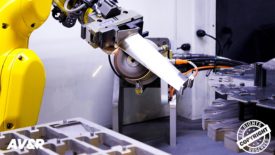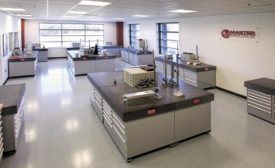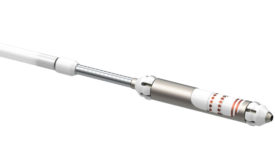Home » Keywords: » skilled workers
Items Tagged with 'skilled workers'
ARTICLES
Management
The New Workforce Expedition
Building Meaningful Employment Environments.
July 17, 2024
Vision & Sensors | Automation
Augmenting Your Workforce: Three Opportunities to Leverage Technology to Automate Repetitive Tasks
As with any good engineering approach to problem-solving, we can divide the manufacturing labor challenge into parts.
June 17, 2024
Automation
Skilled Workers Pivot in an Automated Age — Part 1
Transitioning from repetitive tasks to specialized roles, with training as the key.
January 16, 2024
The Next Generation of Manufacturing Professionals
Recruitment, diversity and outreach are key to filling the manufacturing jobs of the future.
December 7, 2017
Faster, Better NDT: The Advantages of Eddy Current Arrays
Multi-coil arrays take eddy current technology many steps further.
August 1, 2017
Stay in the know with Quality’s comprehensive coverage of
the manufacturing and metrology industries.
eNewsletter | Website | eMagazine
JOIN TODAY!Copyright ©2025. All Rights Reserved BNP Media.
Design, CMS, Hosting & Web Development :: ePublishing








